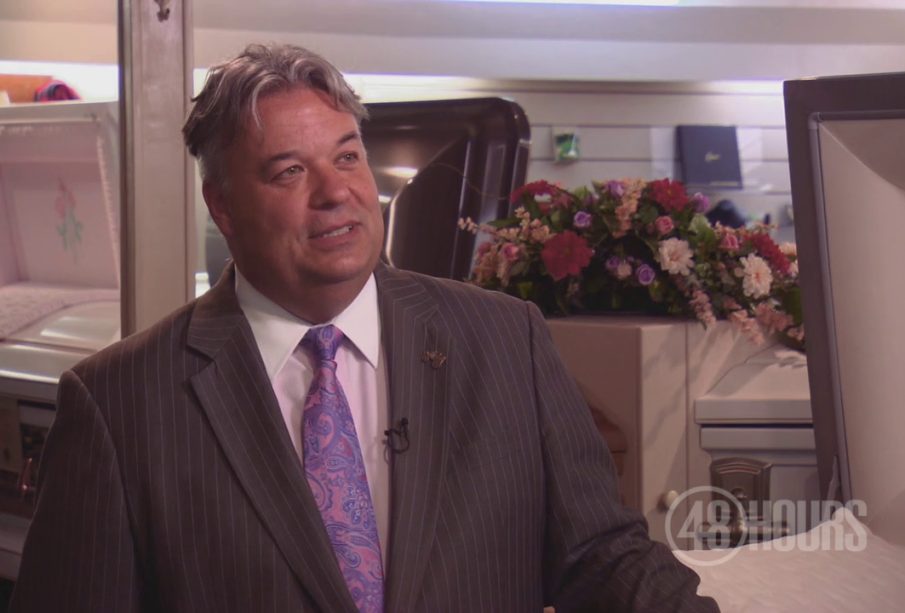The Role of Funeral Directors: A Vital Support in Grief

The Importance of Funeral Directors
Funeral directors serve a critical role in our society, acting as compassionate guides for families during one of the most challenging times in their lives—after the loss of a loved one. In the UK, the profession is not just about coordinating funerals; it encompasses providing emotional support, handling legalities, and ensuring that every detail is taken care of during a period laden with grief.
Responsibilities of a Funeral Director
Funeral directors are responsible for a myriad of tasks that ensure the deceased receive a dignified farewell. This includes managing all logistical aspects such as transporting the body, preparing necessary paperwork, and arranging for burial or cremation services. In addition, they assist families in selecting caskets, flowers, and service locations, and can also provide options for memorial services tailored to the wishes of the deceased and their loved ones.
Moreover, many funeral directors have a strong understanding of various cultural and religious practices, allowing them to offer tailored services that respect the customs of different communities. With the rise of direct cremations and eco-friendly burials, funeral directors are adapting to new trends, offering families a broader range of options that align with their values and preferences.
Recent Trends in the Funeral Industry
According to the National Association of Funeral Directors (NAFD), the landscape of funeral services in the UK is changing. Younger generations are increasingly opting for more personalised and less traditional services, with a notable shift towards celebrating life rather than solely performing rituals around death. This has pushed funeral directors to innovate and provide services that resonate with modern sensibilities.
In the wake of the Covid-19 pandemic, the expectations from funeral directors have also evolved. Enhanced virtual services that allow families to attend remotely have become a common request, ensuring that the longing for connection is met even when physical gatherings are limited. Furthermore, the importance of mental health support for both families and professionals within the industry is gaining recognition, leading to new training programs focusing on emotional well-being.
Conclusion: Looking Ahead
The role of funeral directors is indispensable in navigating the complexities of grief and remembrance. As societal norms evolve, so too do the services offered by these professionals, making them more relevant than ever. Looking ahead, we can expect an increasing integration of technology within funeral practices and a continued emphasis on personalised services that reflect individual values and preferences. For families grappling with loss, funeral directors remain steadfast as pillars of support, stepping in to ensure that goodbyes are dignified, meaningful, and reflective of the lives that have been lived.








